This Singapore mum built a hidden urban farm in Jurong – here’s why she’s fighting to save it
Grace Lim began growing vegetables on her balcony to give her children pesticide-free food. That garden project became GroGrace, an indoor farm producing 3,500kg of greens a month. But cheap imports and low awareness now threaten its survival and she is fighting to save her farm.
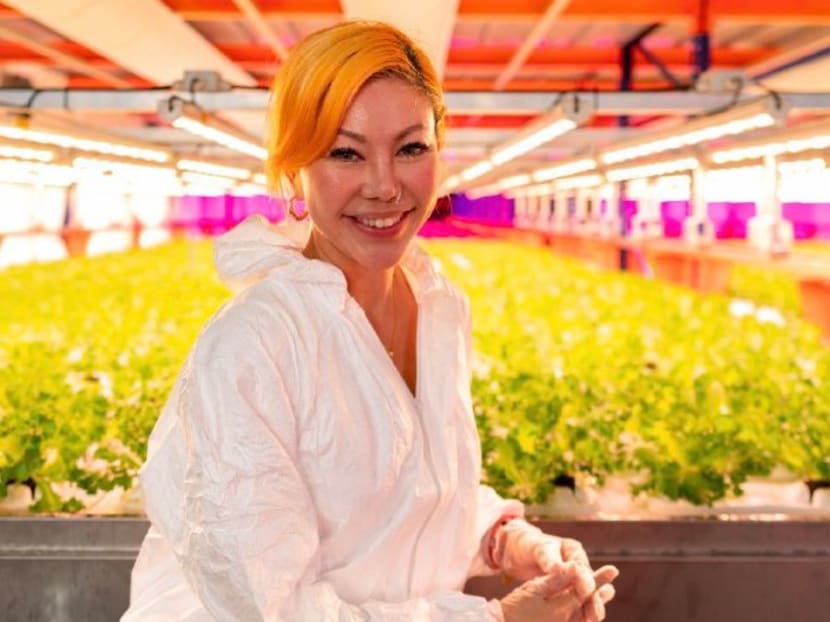
GroGrace co-founder Grace Lim built an indoor vegetable oasis in Jurong. (Photo: Karan Gurnani)

This audio is generated by an AI tool.
It was literally the last place I expected to find a farm. GroGrace was deep in an industrial estate in Jurong, on the fifth floor of a construction company building, in a unit that looked like a regular warehouse.
I stepped through a cold-air shower and emerged in a hidden vertical farm, every row shimmering with vivid greens.
There were crisp oversized lettuces, luscious nai bai, fresh Italian parsley, super basil, fragrant thyme, beautiful perilla leaves, and rainbow chard, a superfood I did not even know existed.
GroGrace uses a Dutch method called dry hydroponics. It is so named because unlike most hydroponic farms where the plant bed is in direct contact with water, plants here are anchored in peat moss, with their roots partially submerged in nutrient-rich water.
This keeps them well-aerated, reduces disease, and helps them grow strong and healthy, explained Grace Lim, co-founder and director of urban farm GroGrace.
High-quality seeds are sourced from the Netherlands, the United States, France and Singapore.
“Whatever the plants need to thrive – the perfect temperature, humidity, carbon dioxide levels, nutrient levels, air circulation and optimisation, and lighting hours – we give it to them,” she added.
“That is why everything we grow is supersized. The taste profile is also amplified,” the 51-year-old said.
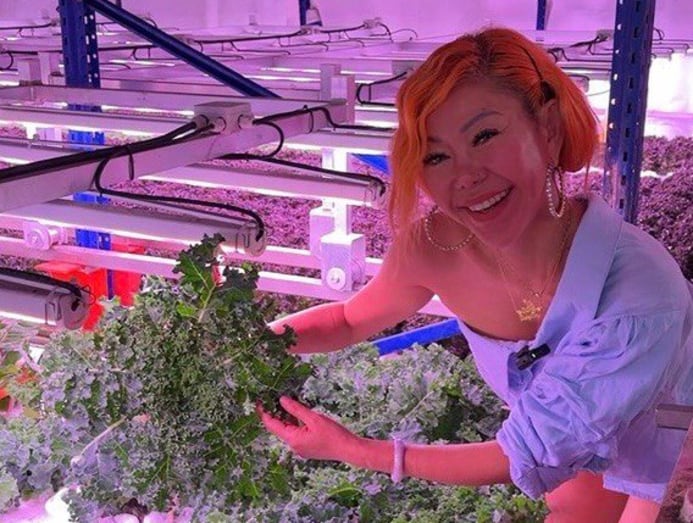
That day, I went home with a bag of supersized vegetables, sweet herbs, and more than one type of kale – a rare occurrence for a junk food addict like me.
Dinner that night was verdant greens, with a side of storytelling.
I told my kids about the mum with a secret warehouse farm she was fiercely fighting to save in high-cost, land-scarce Singapore. And for the first time, I did not have to fight with them about finishing their vegetables.
FROM PARTY GIRL TO FARMER
Before she became a mother in 2003, Lim said she was a “big-time party girl” working her way through the nightlife circuit in Mohamed Sultan Road every weekend. When she got pregnant, many were sceptical of the type of mother she would be. She ended up making their jaws drop – in a good way, said Lim.
“I never thought I could love someone so much,” she said of her children. “Because I love them so much, I wanted them to grow up to be strong and healthy.”
Lim wanted to breastfeed her firstborn, but could not because of low milk supply. Wracked by mum guilt, she pored over nutrition and recipe books – 80 to 100 in total.
By the time her daughter was two, she was supplementing her diet with a daily mix of kale powder and water. After she gave birth to two more children, the mother-of-three switched up to fresh vegetable juices boosted with superfood powder containing spirulina, moringa and beet.
This continued for many years until 2016, when Lim chanced upon a magazine article stating that most produce is grown with a lot of pesticides.
“I was shocked and angry because at that time, I was doing my utmost to feed my kids vegetables, green juices and green smoothies. And all this while, I’d been feeding pesticides to my children,” she said.
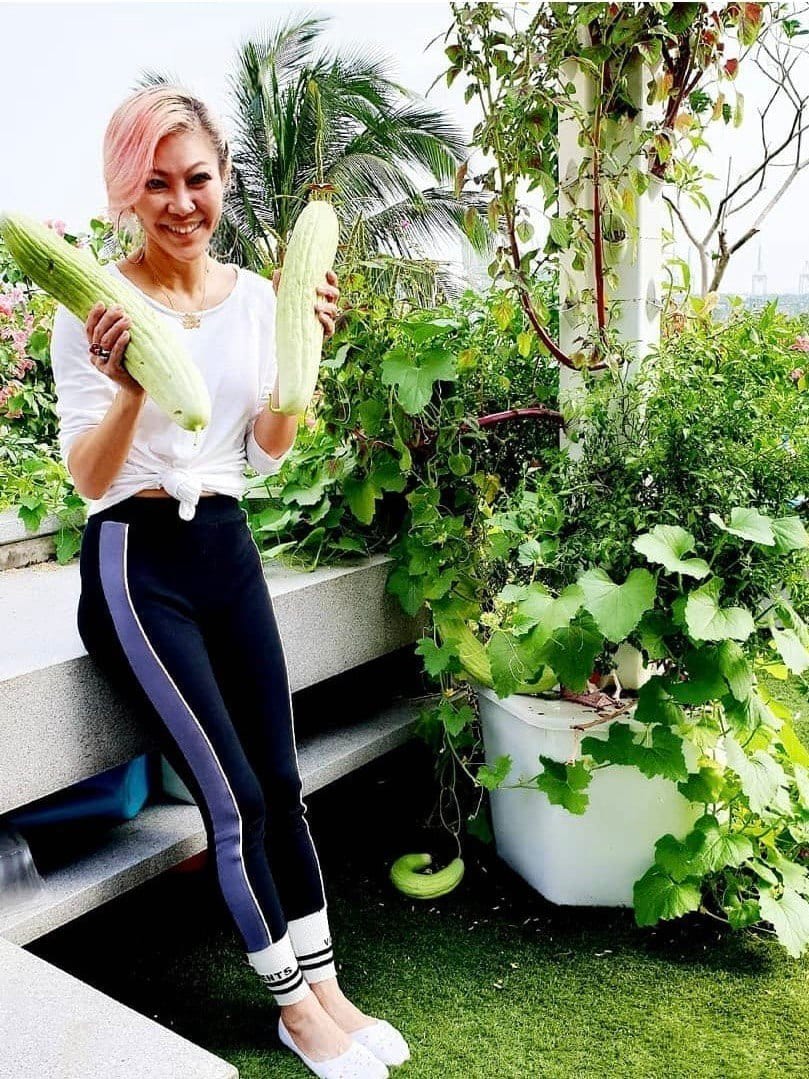
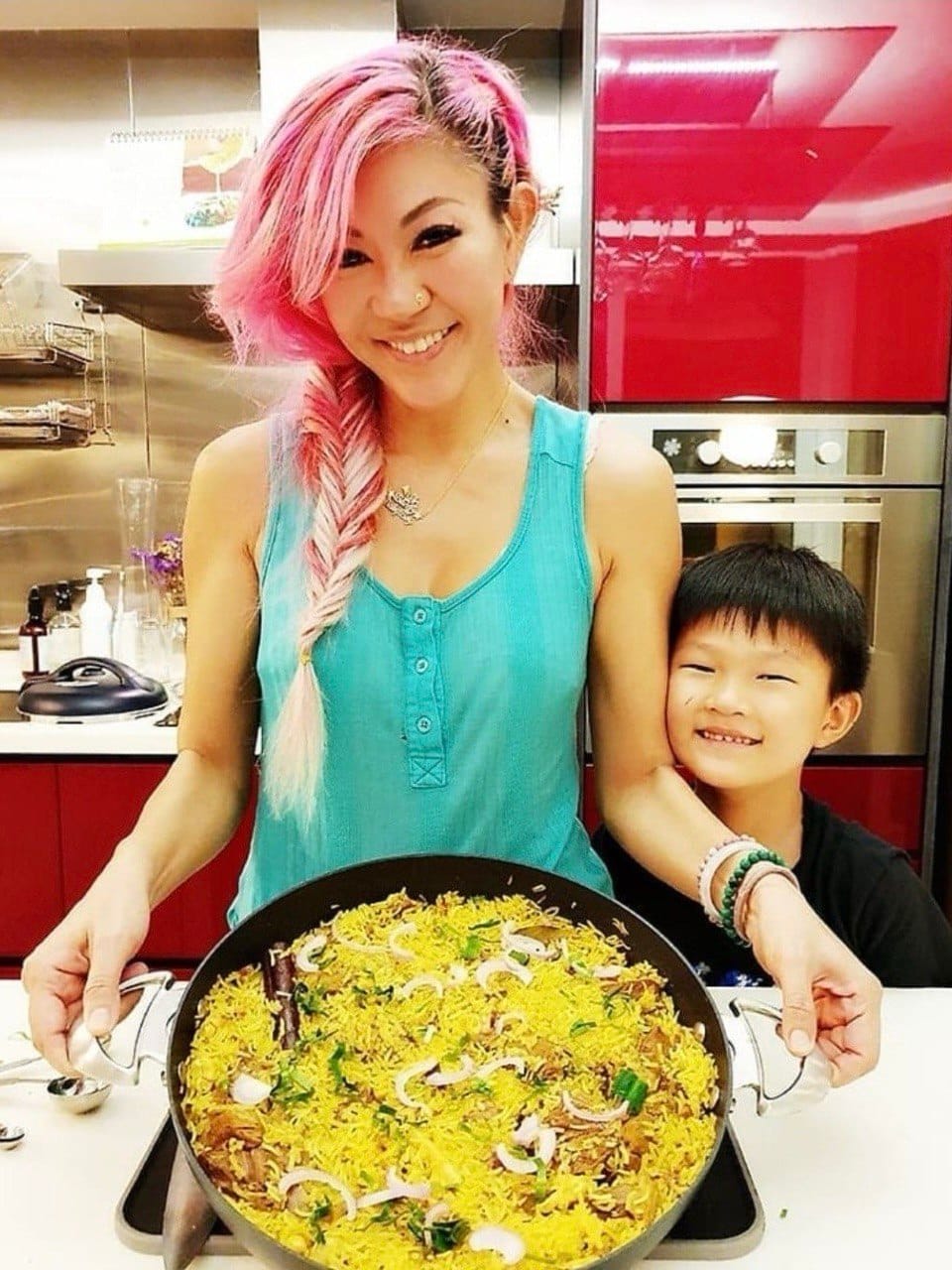
That was when Lim decided to grow her own vegetables. She bought a S$700 home hydroponics system and grew 36 different herbs and vegetables from her condominium balcony – coriander, basil, bok choy, tomatoes, cucumber, chilli, kale and Swiss chard.
“Food is a language of love in my family, and I love making one-pot dishes such as jambalaya (Louisiana rice stew), risotto and Caribbean chicken rice,” Lim said.
“One day, I harvested two beautiful big baskets of Tuscan kale with my son. We came into the kitchen and were juicing the kale, and I just felt immense joy in my heart,” she recalled.
“If you buy vegetables from the supermarket, you will never know how the food is grown, packed or shipped. But this was from my garden. I seeded it, grew it and harvested it with my son. Because it was farm to table, I knew exactly what I would be feeding my kids,” she reflected.
“At that moment, I had an epiphany. What if I could grow the same clean food commercially not just for my children, but for other families,” said Lim, who was then head of social capital at her father’s infrastructure construction company.
Related:
TURNING A WAREHOUSE INTO A FARM
That was how GroGrace came about. In 2019, Lim started her urban indoor farm with capital from her father, a Dutch investor group, and a Singapore Food Agency grant. The idea was to integrate Dutch greenhouse technology.
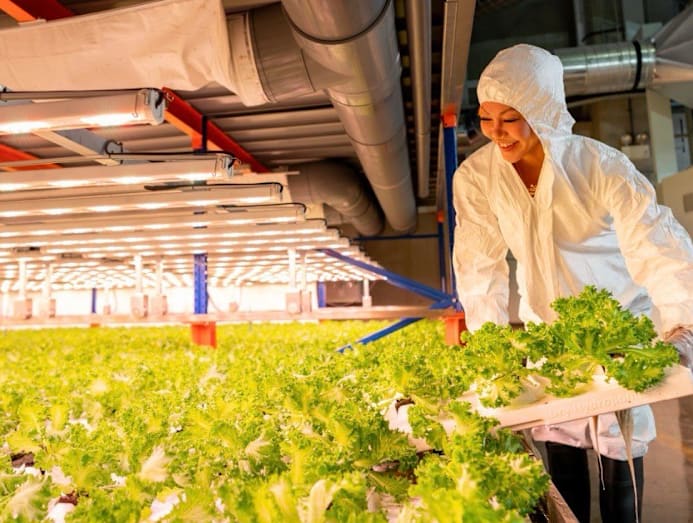
It was not an easy feat. Shortly after the shareholders’ agreement was signed, the pandemic struck. The farm design and engineering were done virtually over the next few years.
“When the (design) drawings were completed, I remember looking at them and thinking, what if, when we translate this into a physical farm, it doesn’t work and the crops don’t grow? I had many doubts,” she said.
But Lim pushed ahead and built the farm. Labour and construction costs soared during the pandemic, and she encountered problems right up to the weeks before the scheduled launch date.
In fact, just two weeks shy of the launch in August 2022, she realised the lighting purchased was incompatible with Singapore’s voltage and could not be used. Fortunately, she managed to fix the issue.
She could not get the Singapore Civil Defence Force’s approval for the launch because the chiller lacked a sprinkler system. At that point, they had already invited then-Senior Minister of State Amy Khor, and the mayor of Rotterdam in the Netherlands for the launch, and simply had to proceed. “I was literally freaking out,” Lim recalled.
At the eleventh hour, Lim opted for a soft launch, designating the farm as a construction site and providing hard hats for guests. After working out these issues over the next few months, GroGrace officially debuted in November 2022.
RACE TO SAVE HER BUSINESS
Today, GroGrace sells 14 varieties of vegetables and herbs. Foodies, chefs and even reluctant vegetable eaters have raved about the greens, Lim told CNA Women.
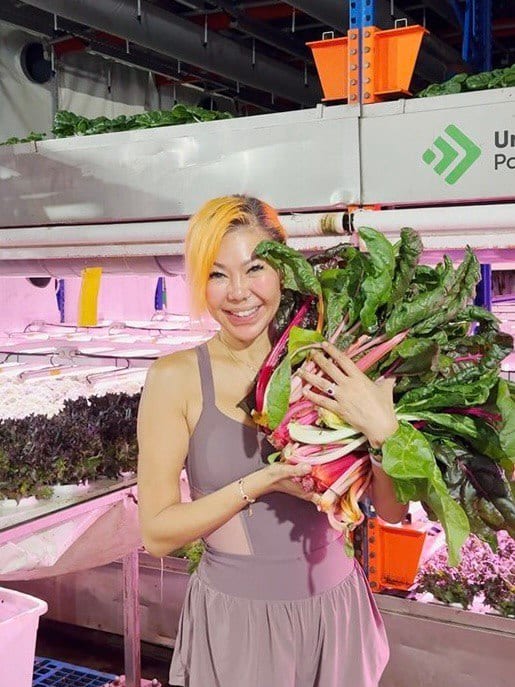
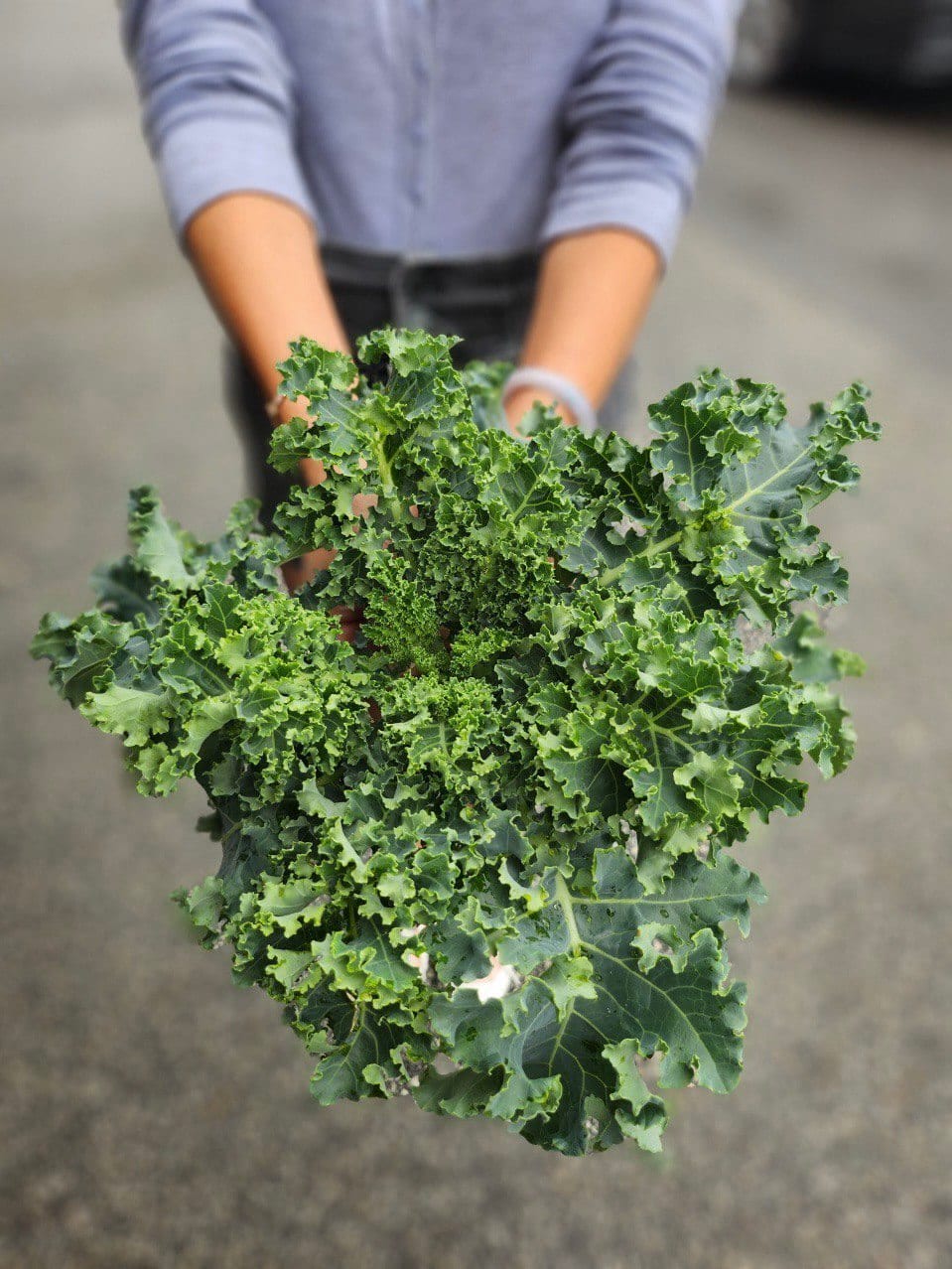
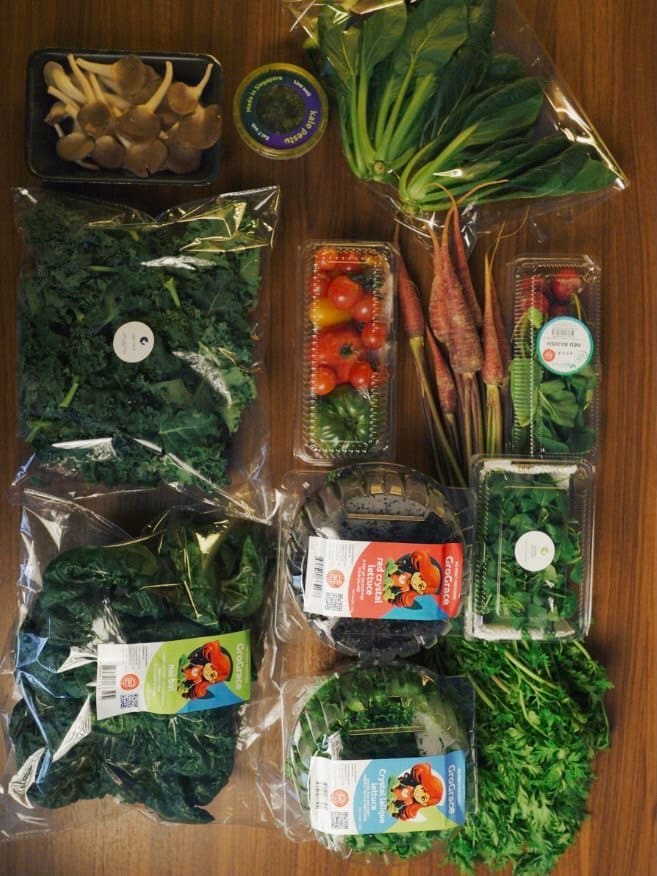
However, the farm is now at a critical juncture, Lim said.
“I am not earning enough to pay my landlord the energy bill, which comes up to S$20,000 every month. If I’m not able to pay up, they will have to turn off the power, and I will have to close the farm,” she said.
Lim usually sells all her produce – around 3.5 tonnes (3,500kg). But she supplies a large portion of her produce to wholesalers for hotels, restaurants and catering companies at a loss.
Production costs such as energy, rental, labour and equipment maintenance are higher in Singapore, so to break even, Lim needs to sell her crops at three times more than imports from Malaysia. Many are unwilling to pay such prices.
Lim argued that imported vegetables often travel long distances in less-than-ideal conditions, such as open trucks without proper chilling. By the time they reach Singapore, a large portion of the crops will be damaged, wilted, or starting to rot, making them unsellable or unusable.
In contrast, little of her harvest goes to waste. “The freshness of our crop is unmatched. Once harvested, they would be delivered within 24 hours,” said Lim.
So accounting for the loss in wastage of the Malaysian imports, her produce would only be about two times more costly and that price difference is made up by the fact that GroGrace’s produce are fresher, pesticide-free, healthier and tastier, she added.
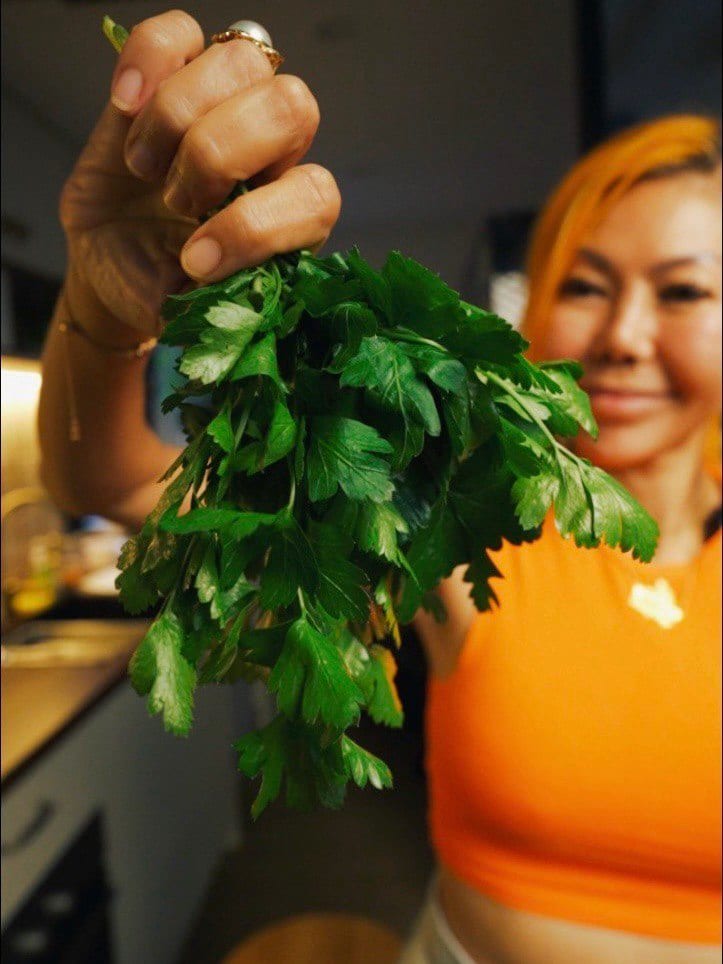
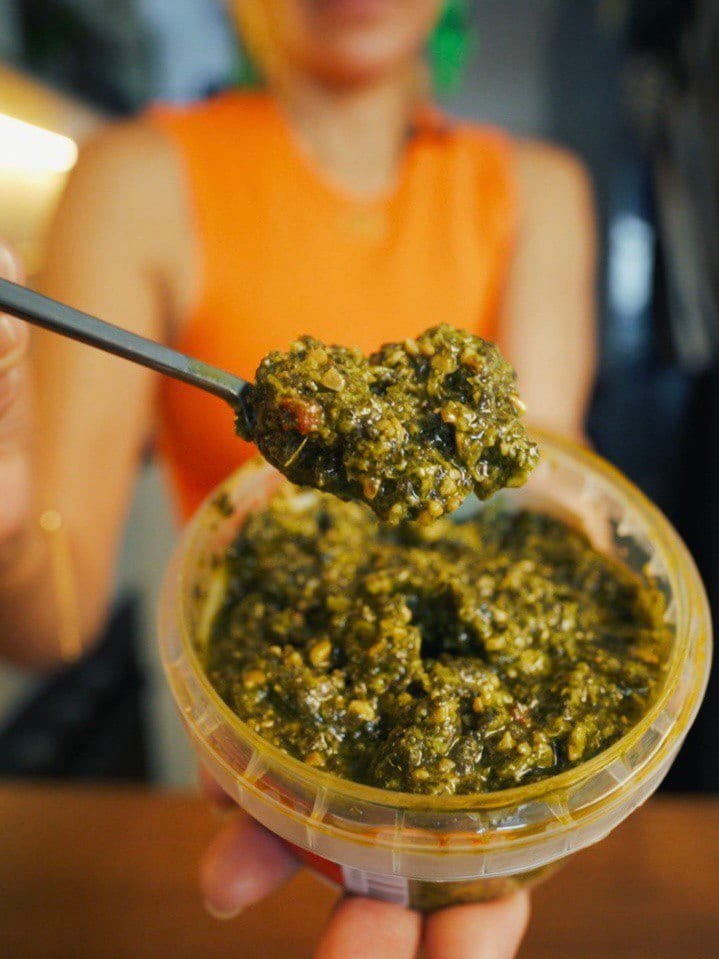
Lim is currently working hard to find discerning businesses who appreciate the difference in quality, and are able to pay her enough to break even.
She also sells her produce directly to customers via the GroGrace website at prices comparable with mid-tier supermarkets. For example, green lettuce, her bestseller, retails at S$3.60. Lim also curates weekly subscription boxes and gift boxes starting from S$34.95. Delivery costs S$10 for orders below S$70, and is free for orders above S$70.
Her crops are currently not available in supermarkets because the high mark-ups and consignment terms, which require her to bear the cost of unsold produce, are not viable for her business.
Awareness and accessibility are also low, she added. “In most supermarkets, local produce is scattered all over the place. While you will be able to find a whole shelf of Korean, Japanese and organic produce, why is there no chiller for local produce?” she asked.
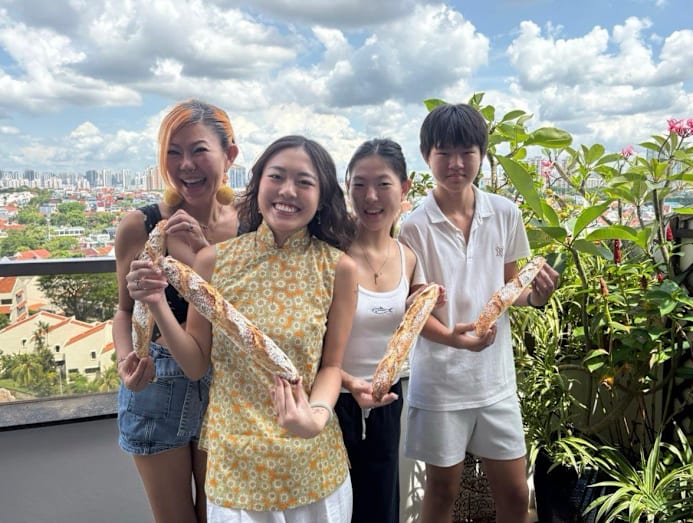
To make her crops available for more customers and at more affordable prices, Lim is currently starting a group-buy movement with other pesticide-free local farms such as Golden Cap Farm and Vegeponics.
She hopes more foodies, veggie lovers and clean-eating enthusiasts will host these group buys and gather neighbours or colleagues to meet a minimum order quantity of S$120, or S$70 for new group buys. If she can unite the community in this movement, she is confident it will not only save her farm, but give high-quality local produce a boost.
Having built the farm from nothing, the entrepreneur admitted that she would be devastated to shut the farm.
“I know the potential of the farm. Eating fresh, locally grown, pesticide-free vegetables that go from harvest to home within 24 hours has the potential to transform meals with more nutrients on your plate, fewer chemicals in your body, and a stronger connection to where your food comes from.
“This was exactly what I wanted for my kids. And now I’m bringing it to other people and families,” she said.
CNA Women is a section on CNA Lifestyle that seeks to inform, empower and inspire the modern woman. If you have women-related news, issues and ideas to share with us, email CNAWomen [at] mediacorp.com.sg.









